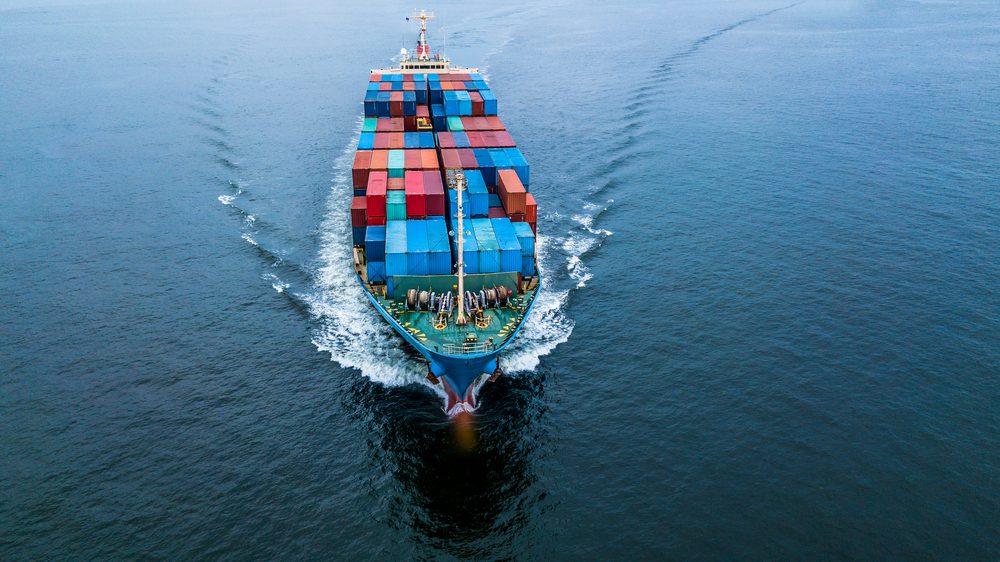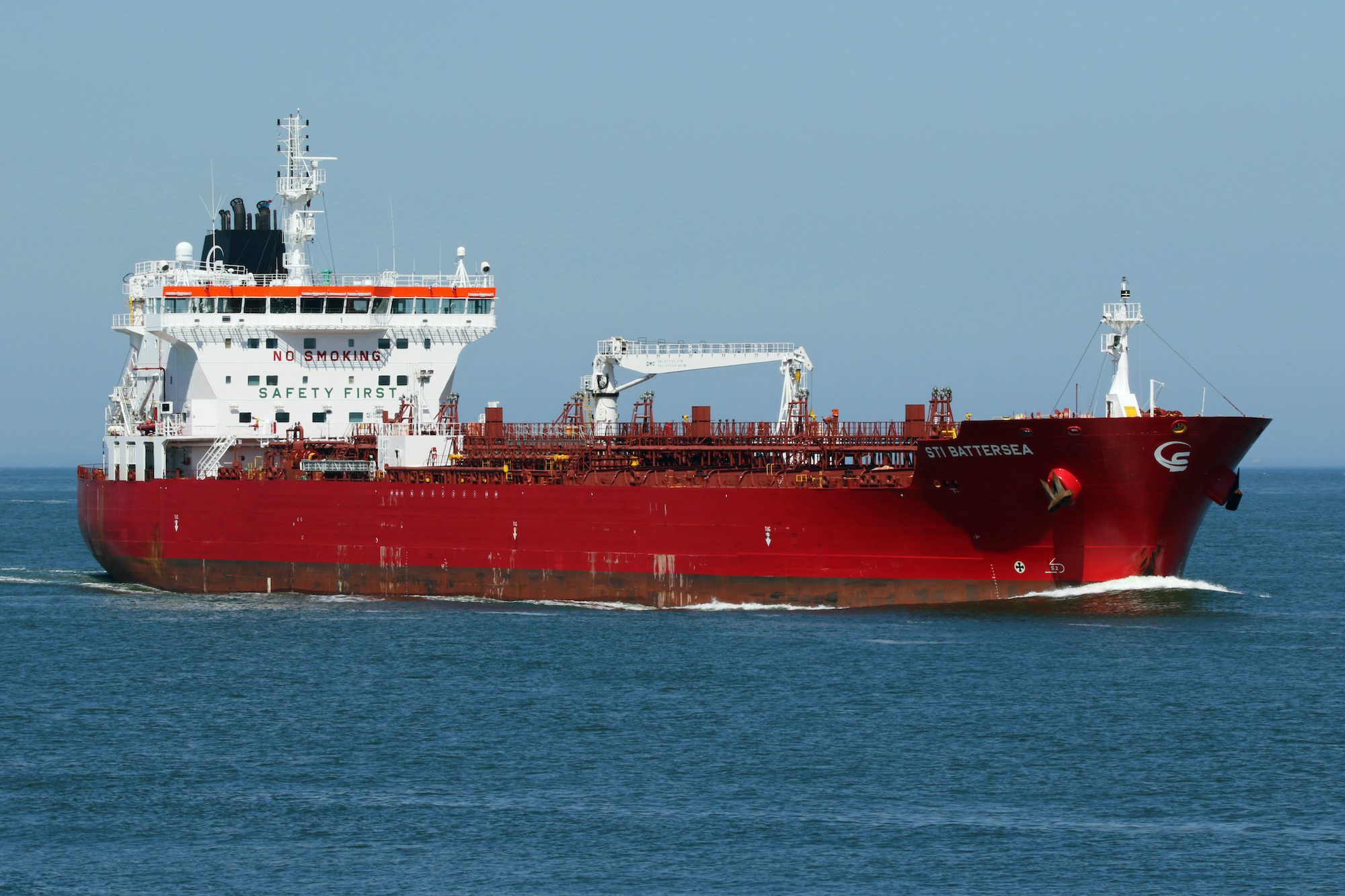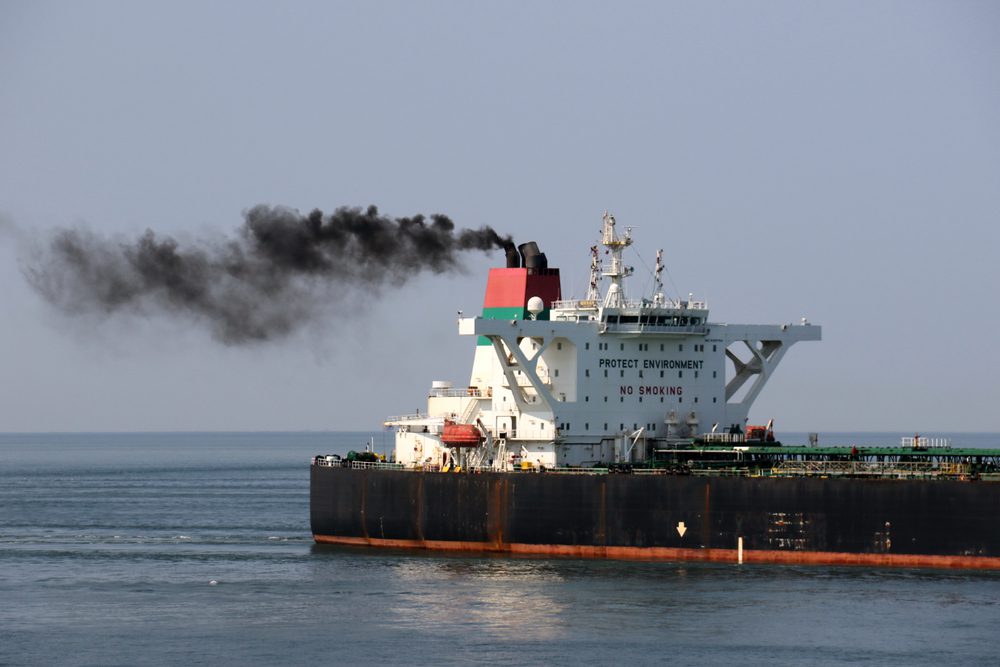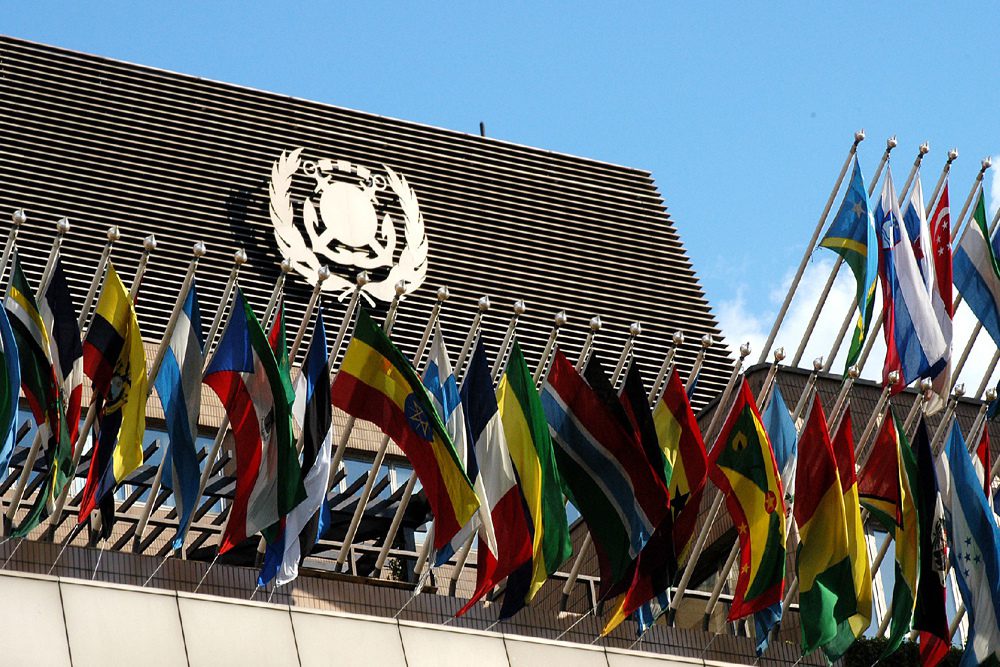Updated: March 15, 2021 (Originally published November 23, 2020)
By Barry Parker, Correspondent
“You have to start somewhere.”
While nobody used this phrase specifically, the IMO, in its just concluded virtual session of the Marine Environment Protection Committee, officially MEPC 75, spent considerable time grappling with questions related to a proposed Research and Development fund with an aim of advancing shipping’s decarbonization.
Prior to last week’s meeting, a consortium of eight industry associations had proposed the creation of a new IMO-affiliated entity (albeit with an autonomous board), called the International Maritime Research and Development Board (“IMRB”), which would raise $5 billion over a 10 year period funded by a $2/ton surcharge on marine fuel, collected through an International Maritime Research Fund (“IMRF”).
The International Chamber of Shipping (“ICS”), one of the eight organizations behind the proposal (and perhaps the most vocal), has said the IMRB “…will create the technological and investment certainty to spur innovators, engineers, energy companies, shipyards, financial institutions, and engine manufacturers to accelerate the R&D effort required to decarbonise shipping,”
Nothing was decided, with many IMO “member states” raising issues about the optimal structure, the legalities and the actual mechanics of how the IMRB (not yet created) would work.
The ICS, in a release, said: “Governments have also raised a number of legitimate issues which the IMO will need to carefully address,” adding that: “The industry recognises the unprecedented nature of its proposal and the associated complexities, and will work to address this so that governments can take forward its offer of USD 5 billion of funding to accelerate R&D, to ensure the technological innovation necessary to make the required zero-carbon transition within the IMO 2050 time line.”
It explains further: “The IMRB is a crucial vehicle for driving the progress needed to build a zero-carbon shipping industry, and the necessary funding can only be provided within the global regulatory framework of IMO.”
In discussions at MEPC 75, certain member states have questioned whether the IMO would provide the best framework for an R&D effort.
A parallel set of discussions among shipping industry participants concerns Market Based Measures, (“MBMs”) which, just like the name suggests, would include marketplaces and other mechanisms for buying and selling carbon credits- which did come up (again without any conclusions) at MEPC 75. MBMs are financial incentives for shipowners to lower their carbon emissions.
Already, shipowners with a pro-active stance on Environment, Social and Governance (“ESG”) have made public statements about their buying of “carbon credits”- ie they are, in essence, paying for their carbon emissions with payments going to an entity lowering a carbon footprint.
The market is ad hoc at this point; a recent example had shipowner Wah Kwong buying credits from an operator of windfarms. In the United States, SCF Marine Inc., a subsidiary of SEACOR Holdings Inc. said in early Summer that its container on barge service on the Mississippi River, operated by SEACOR AMH, will be participating in a 12-month accredited U.S.-based carbon offset program.
MBMs could become highly formalized very quickly. The European Union has sought to include shipping participants in a broader Emissions Trading System (“ETS”). This move attracted support from some shipping interests (notably from Maersk Tankers at last month’s meeting of the Global Maritime Forum-, where the issue came up), and consternation from others- who are seeking a worldwide approach. Not surprisingly, MBMs are likely to see intense discussion at the next MEPC meeting- anticipated to be in Spring 2021.
The IMRB and its IMRF are something quite different. In its press release regarding the MEPC meeting, the ICS was quick to note that: “The shipping industry organisations behind the proposal emphasise that the USD 2 contribution is not to be seen as a market-based CO2 reduction measure as it would only exist for a defined technical purpose – the acceleration of R&D for zero-carbon propulsion systems.” Other associations behind the proposals include BIMCO, Intertanko, Intercargo and the World Shipping Council.
So, yes, it’s a start.
More from Barry Parker…
Editorial Standards · Corrections · About gCaptain

 Join The Club
Join The Club











